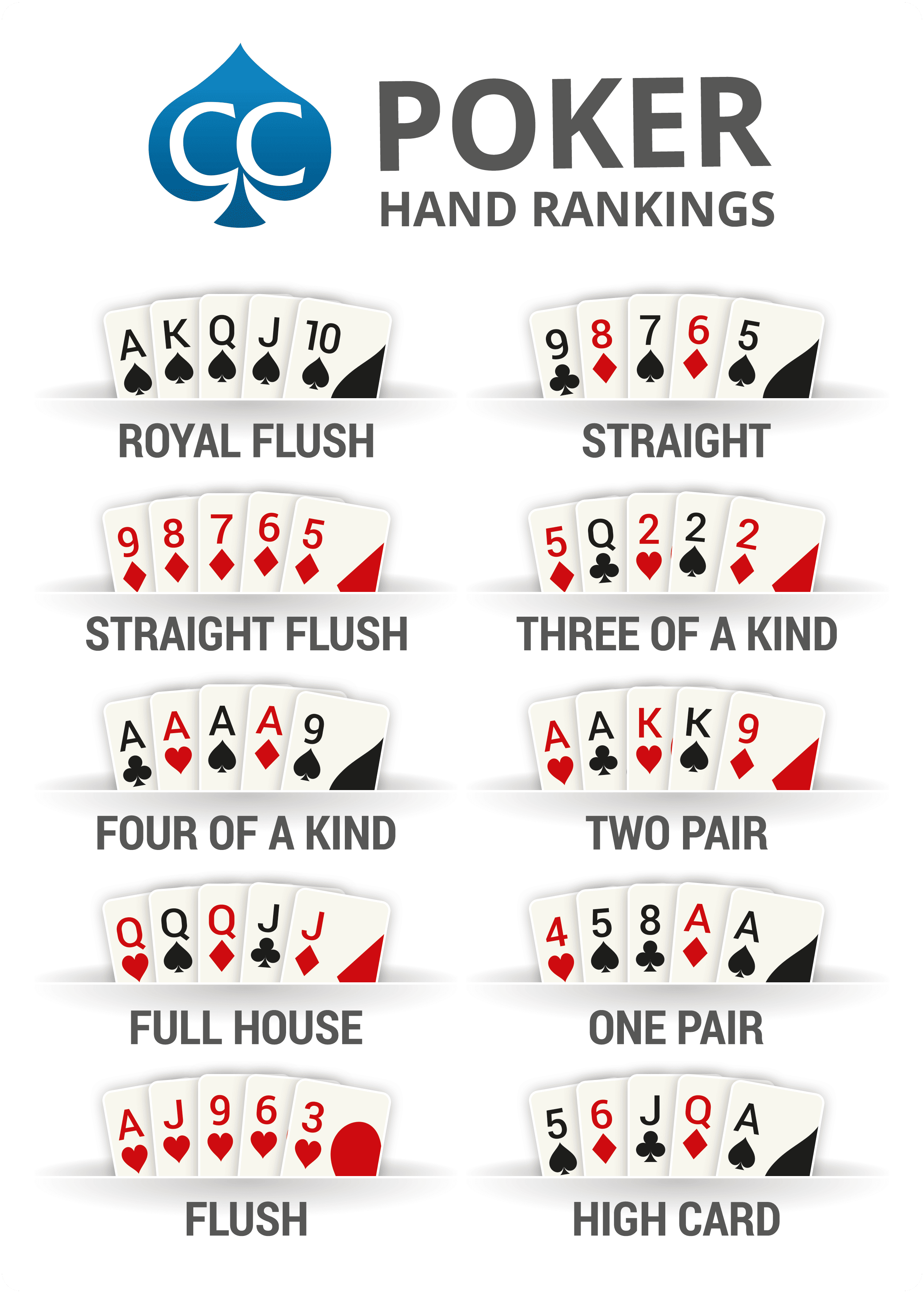
A lot of people play poker for fun, but many aspire to become professional players and earn a living from the game. To do so requires dedication, persistence, and the ability to learn quickly. While poker does involve some degree of chance, most successful poker players use a combination of probability, psychology, and game theory to beat their opponents. In addition, they understand that they must bet their hands for value and not simply because they feel like it.
The main difference between break-even beginner players and big-time winners is their mindset. Beginners are often emotionally and superstitiously involved in the game, which leads to them making bad decisions. This leads to a large loss in the long run. Those who are willing to take a cold, calculated approach to the game will usually win at a higher rate.
Poker is a card game where the highest-ranking hand wins the pot. A poker hand consists of five cards. The rank of the hand is determined by its relative frequency in a given deck, or in a particular game. The higher the frequency of a hand, the lower its ranking. For example, a full house is much less common than a straight, so it would rank lower.
The most common poker hands are two pair and three of a kind. Two pair contains two matching cards of one rank, while three of a kind contains three distinct cards of the same rank. The highest pair wins ties, while the high card breaks ties if no other pairs or better hands are present. In some games, the highest unmatched card also wins ties.
If you want to improve your poker skills, try playing with a group of friends who know the rules. This will give you a chance to practice your bluffing, and make sure that you’re using the best strategy in each hand. In addition, playing with a group will help you to build confidence in your own skills and get the hang of the game quickly.
One of the most important things to remember about poker is that your position at the table matters. Acting last gives you more information about the other players’ hands and allows you to make more accurate bets. It also helps you avoid getting into a situation where you’re forced to fold a good hand.
A good poker player knows how to bluff and can bet their way out of bad situations. A good bluff will usually force weaker hands to fold and increase the value of your pot.
Another key skill for becoming a good poker player is learning to recognize your own weaknesses and exploit them. Many good players develop their own unique poker strategies through detailed self-examination or by discussing their play with others. In addition, most good poker players continually tweak their strategy to keep improving.